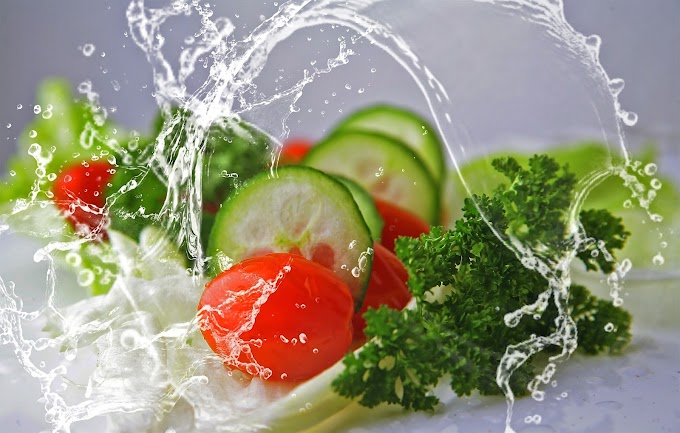Introduction to the Kidney Stones
 |
Kidney stones, medically known as nephrolithiasis, are a common and painful urological condition that affects millions of people worldwide. These small, hard deposits can develop in the kidneys and cause excruciating pain as they move through the urinary tract. This article will explore the different types of kidney stones, their causes, prevention strategies, and various treatment options.
Types of Kidney Stones
1. Calcium Oxalate Stones:
- These are the most common types of kidney stones and are formed when calcium combines with oxalate in the urine.
- High levels of oxalate-rich foods like spinach, rhubarb, and nuts can contribute to their formation.
2. Struvite Stones:
- Struvite stones develop as a result of urinary tract infections (UTIs).
- They can grow rapidly and become quite large, causing serious complications.
3. Uric Acid Stones:
- Uric acid stones form when there is an excess of uric acid in the urine, often due to a high-purine diet.
- Individuals with gout are more prone to these stones.
4. Cystine Stones:
- Cystine stones are rare and occur in people with a genetic disorder called cystinuria.
- This condition leads to the buildup of the amino acid cystine in the urine, forming stones.
Causes of Kidney Stones
1. Dehydration:
- Less liquid intake can lead to the production of concentrated urine, which may lead to the stone formation.
2. Diet:
- High consumption of foods rich in oxalate, purines, and sodium can increase the risk of stone formation.
3. Family History:
- Any individual having a family history of kidney stones may have increased susceptibility.
4. Medical Conditions:
- Certain medical conditions, such as urinary tract infections and metabolic disorders, can promote stone development.
Prevention of Kidney Stones
1. Stay Hydrated:
- Drinking plenty of water dilutes urine, reducing the risk of stone formation.
2. Dietary Modifications:
- Limit intake of oxalate-rich foods, purines, and sodium.
- Increase consumption of calcium-rich foods to bind with oxalates.
3. Balanced Diet:
- Eat a balanced diet including whole grains, fruits, and vegetables.
4. Medication:
- In some cases, medications can help prevent stone recurrence by altering urine composition.
Treatment of Kidney Stones
1. Watchful Waiting:
- Small stones may pass on their own with pain management and increased fluid intake.
2. Medications:
- Pain relievers and alpha-blockers can help ease discomfort and promote stone passage.
3. Extracorporeal Shock Wave Lithotripsy (ESWL):
- ESWL uses shock waves to break up stones into smaller fragments, making them easier to pass.
4. Ureteroscopy and Laser Lithotripsy:
- A thin tube with a camera is used to locate and remove or break up stones using laser energy.
5. Surgical Removal:
- Larger stones may require surgical intervention, such as percutaneous nephrolithotomy (PCNL) or open surgery.
Conclusion
Kidney stones can cause severe pain and discomfort, but with proper understanding, prevention, and treatment, their impact can be minimized. By staying hydrated, adopting a balanced diet, and seeking medical attention when needed, individuals can reduce their risk of developing kidney stones and ensure a healthier, stone-free future. If you suspect you have kidney stones or are at risk, consult a healthcare professional for personalized guidance and care.







If you have any doubt, let me know.